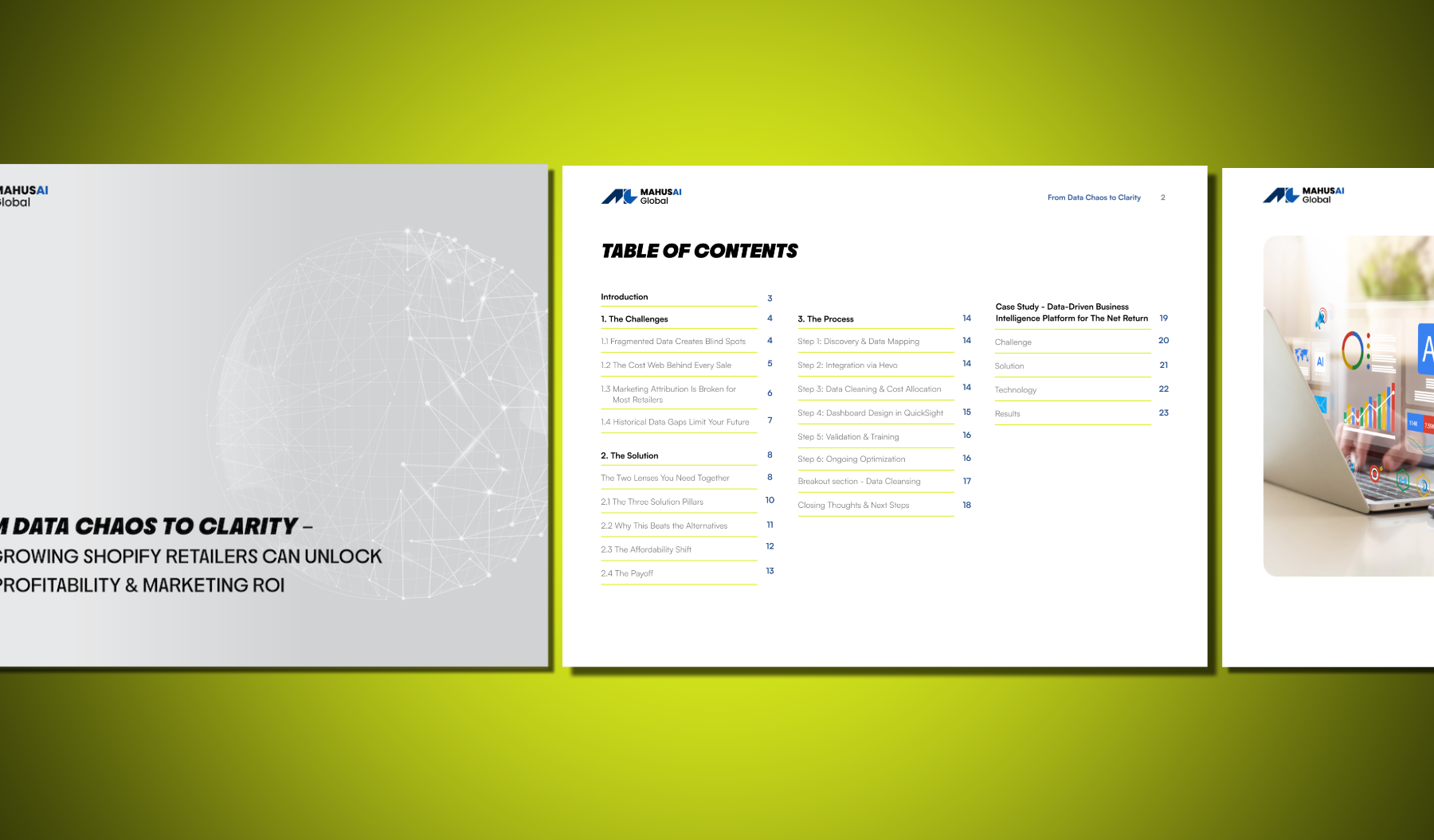Lately, friends have been reaching out on behalf of their kids or younger colleagues, worried that careers in IT or data might be short-lived in the age of AI. The fear is understandable—AI is dazzling in what it can automate and generate.
But here’s the truth: data literacy isn’t going anywhere. In fact, as AI gets stronger, the ability to think critically about data only becomes more important.
What Data Literacy Really Means
Data literacy goes beyond technical skill. It’s not just about running SQL queries, writing Python scripts, or designing dashboards. Those are tools.
True data literacy is the ability to read, analyze, interpret, and communicate data in context. It means asking the right questions, spotting gaps, and explaining insights in a way that informs sound decisions.
In other words, being data literate is less about manipulating numbers and more about making sense of them in the real world.
Why Real-World Business Experience Matters
Here’s where many people miss the point: data literacy doesn’t live in a vacuum.
You can teach someone the mechanics of analysis, but it’s business experience that sharpens the judgment needed to apply it well.
If you’ve managed a budget, run a factory floor, or worked frontline sales, you know firsthand how numbers connect to reality. You understand that a “cost-saving opportunity” on paper might create a disaster in operations. You’ve seen how one misleading metric can derail a strategy.
That experience builds intuition. It helps you know when to dig deeper, when to be skeptical, and when the numbers just don’t add up. AI can present patterns—but only someone grounded in the business can judge whether those patterns actually matter.
The Human Edge: Context and Storytelling
Data-literate professionals don’t stop at analysis. They translate numbers into clear, actionable stories. They explain not just what the data shows, but why it matters and what should be done about it.
That ability to connect analysis to lived experience—to understand how a chart ties back to supply chains, customer behavior, or profit margins—is what makes data literacy powerful. It’s also something AI can’t do, because it lacks the human context.
Ethics and Oversight
Real-world experience also reinforces the ethical side of data literacy. AI models don’t understand fairness, accountability, or the downstream consequences of their recommendations. Humans do. And it’s often experience—having seen how decisions ripple across teams, customers, or communities—that equips someone to spot risks and step in when the algorithm falls short.
The Future: Humans and AI Together
The future isn’t about AI replacing humans—it’s about humans who can guide AI effectively. To do that, you need data literacy. You need to know when to trust the model, when to push back, and how to fit AI outputs into real-world decisions.
That’s why the most valuable professionals in the AI era won’t just be the ones who know the tools. They’ll be the ones who pair data literacy with hard-earned business experience—because together, those skills ensure that insights lead to smarter strategies, not costly mistakes.
Bottom Line
AI makes us more efficient. But it’s data literacy, informed by real-world knowledge, that makes us wise.
The ability to interpret data in context, connect it to business realities, and communicate it clearly is what transforms numbers into meaningful action. That’s why data literacy—shaped not only by technical skill but also by practical experience—will remain irreplaceable in an AI-driven world.




